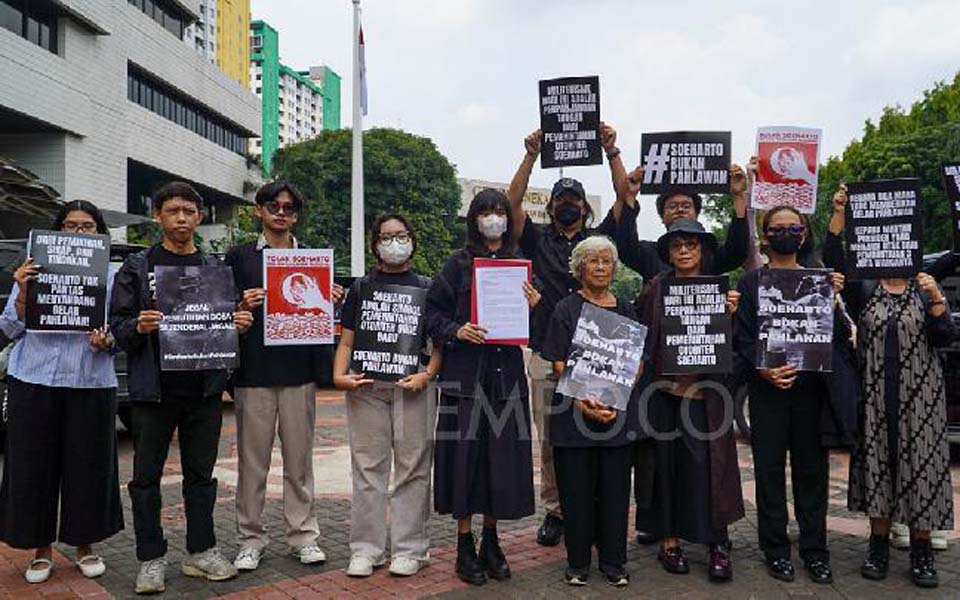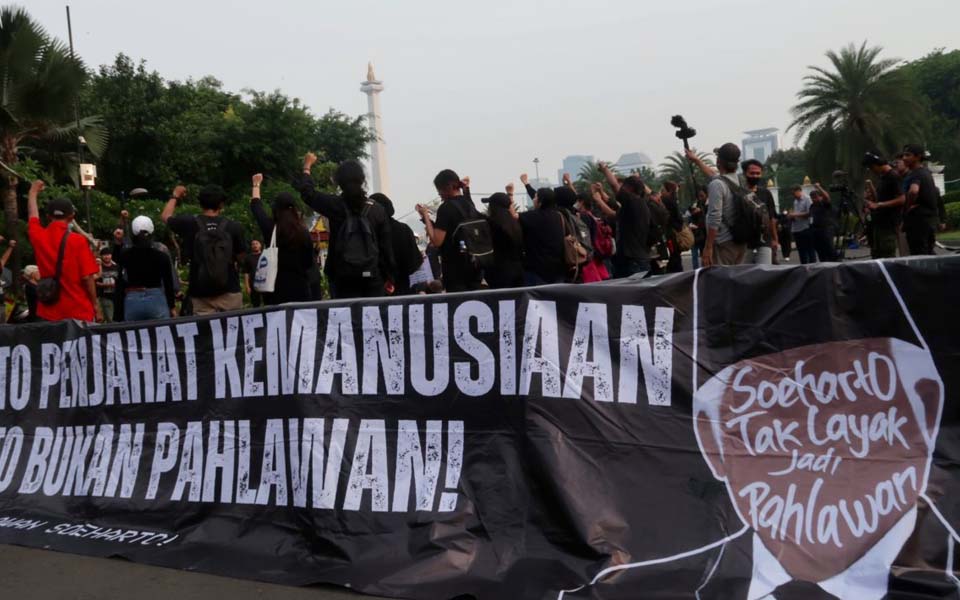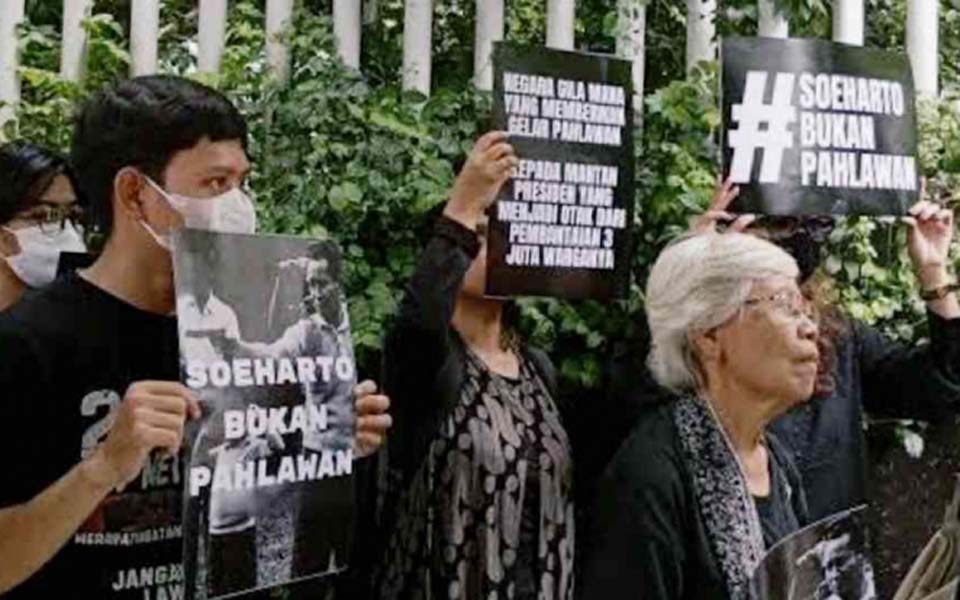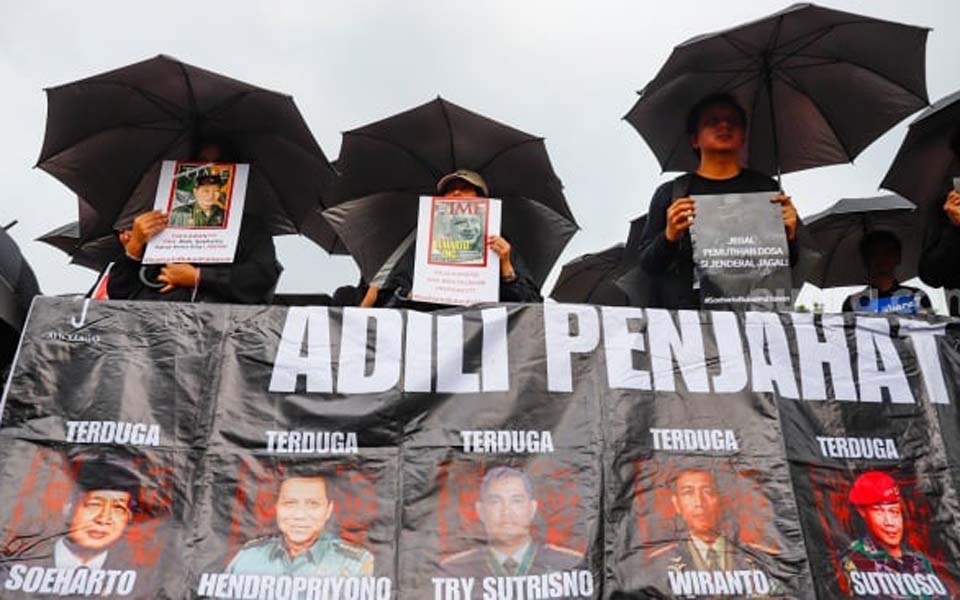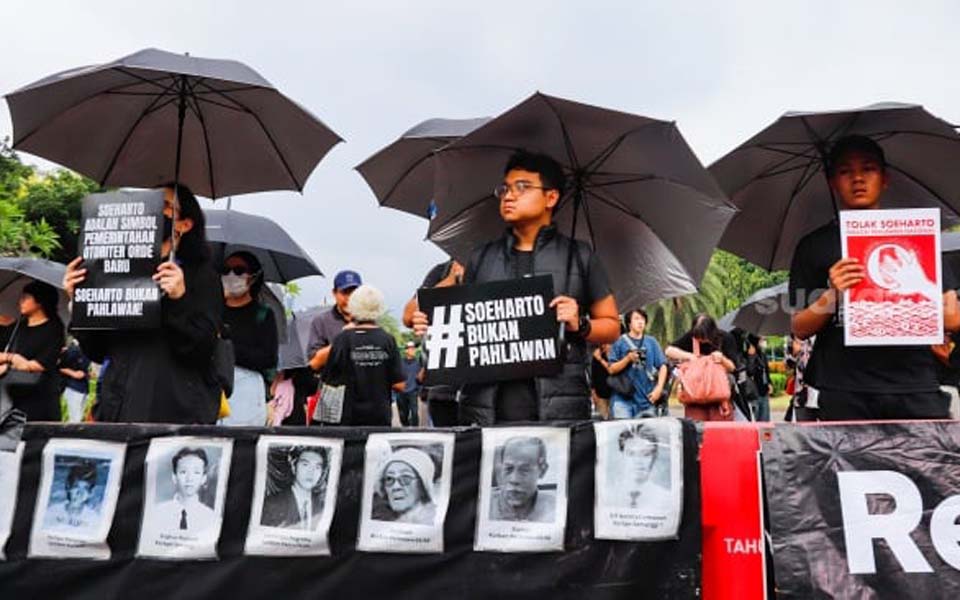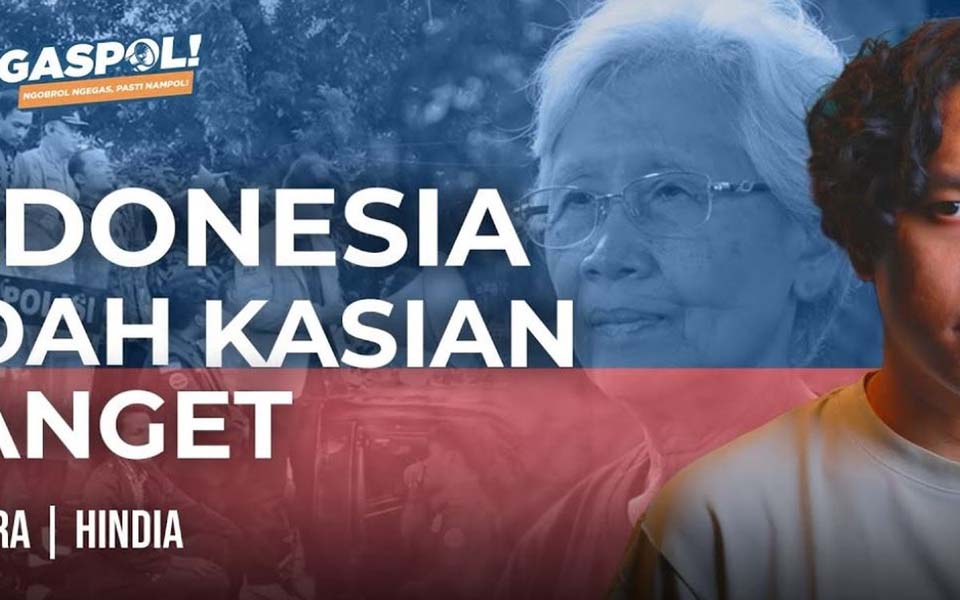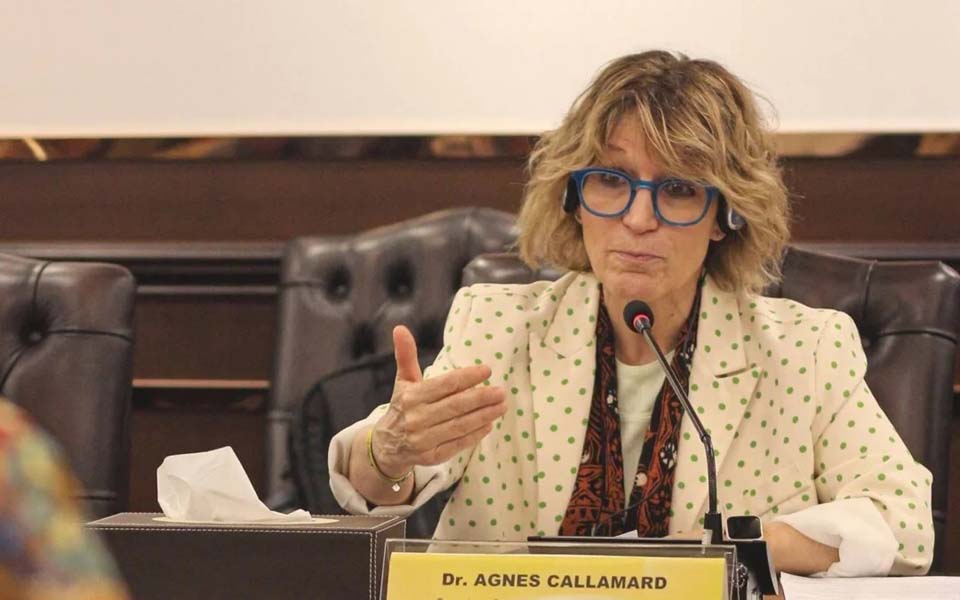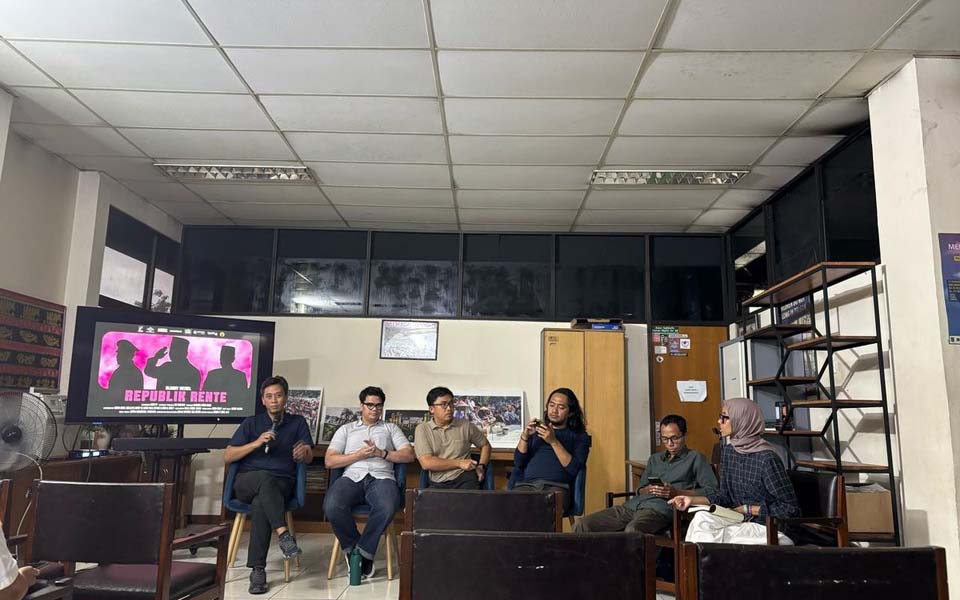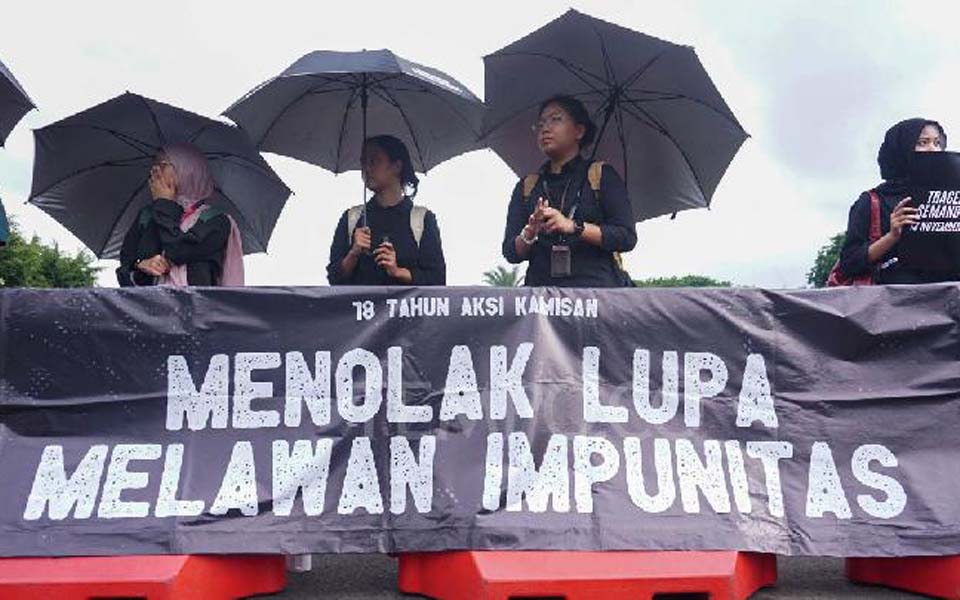Tatang Guritno, Jakarta – Amnesty International Indonesia Executive Director Usman Hamid says that if the truth is not revealed, if there is no acknowledgement of a crime and the perpetrators are not held accountable, then there can be no reconciliation of gross human rights violations.
This was conveyed by Hamid in response to the to the government's plan to setup a Presidential Working Unit for Handling Incidents of Gross Human Rights Violations (UKP-PPHB) which is says will focus on handing past human rights cases through non-judicial means or without going through legal channels.
Hamid is asking that before the UKP-PPHB is approved the non-judicial mechanisms must first be explained by the government and the House of Representatives (DPR).
"Reconciliation without revealing the truth, without acknowledging the crime, without the perpetrator being held accountable, is not reconciliation", he explained when contacted by Kompas.com on Monday April 12.
"So the government and the DPR must first explain what is meant by a non-judicial approach", he added.
According to Hamid, a non-judicial approach is an approach which it pursued to respond to a problem when justice cannot be obtained by victims through a judicial process. Non-judicial efforts are not made because the perpetrator of gross human rights violations cannot be punished.
"But more because the sentencing is insufficient to provide justice because of the complexity of a crime or the harm caused. So a non-judicial and judicial approach under international [legal] standards has the meaning of [seeking] justice", said Hamid.
During the process, continued Hamid, a non-judicial process must also be carried out by seeking out, revealing and an acknowledging the truth.
"Both the factual truth about an incident as well as the historical truth behind a human rights violation. A non-judicial approach must also hold justice in the highest regard, not [be used] to close the road to justice", he said.
Hamid said that in a non-judicial process of restoring rights, it has to be seen that there were rights which were damaged or lost.
A judicial and non-judicial process, explained Hamid, must proceed in concert. There cannot be a non-judicial mechanism for handling a case of gross human rights violations if it is not accompanied by a judicial prosecution or through legal channels.
"The existence of actions causing damage or loss also assumes the existence of a subject that was harmed or suffered a loss. Now, do we know this [has happened]? What is the basis? It is on this point that we need a process of seeking out and finding the truth", he said.
According to Hamid, the government must restore the psychological state of victims of past gross human rights violations. This restoration is not just material, but also emotional.
"If the approach is proceeded by the restoration of the material conditions, even at an extremely low level, then this could mean the same as denying the facts of a crime and the brutality of state power holders in the past", concluded Hamid.
The government through the Justice and Human Rights Ministry is currently preparing a draft presidential regulation on the formation of the UKP-PPHB.
Justice and Human Rights Ministry Director for Instruments, Timbul Sinaga, said that the focus of the UKP-PPHB would be dealing with gross human rights violations through a non-judicial approach.
The non-judicial mechanism which will be used by the government is to fulfill the basic rights of victims of gross human rights violations.
[Translated by James Balowski. The original title of the article was "Amnesty: Bukan Rekonsiliasi jika Tanpa Pengakuan dan Pertanggungjawaban Pelaku".]





